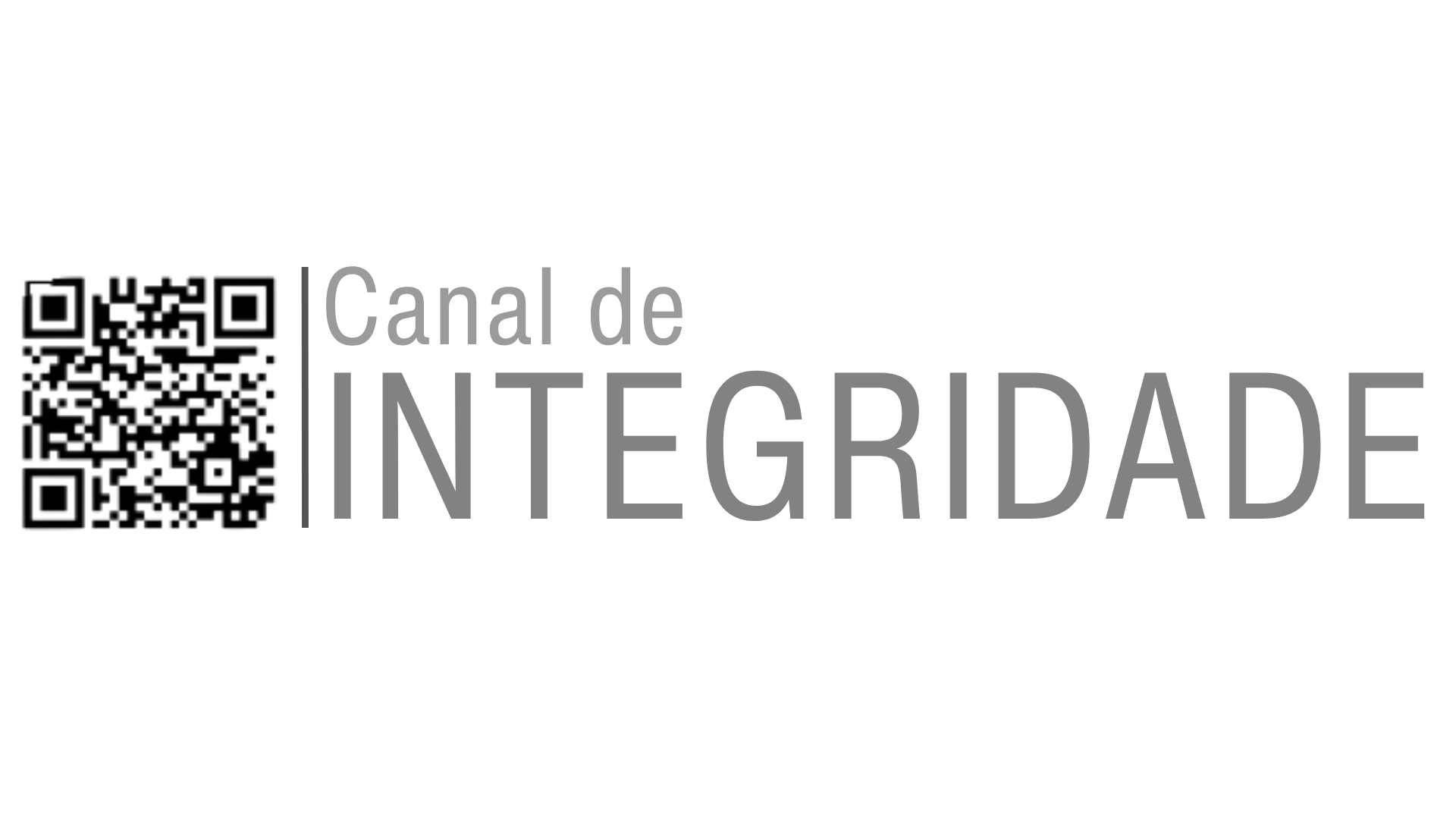Sanctioned Law Regulates the Sports Betting Market
Fixed-odds betting, popularly known as "bets," is regulated by Law No. 14,790/2023, sanctioned with vetoes by the Presidency of the Republic in December 2023.
The potential of the Brazilian sports betting market is well known. For this reason, its regulation was a priority for the federal government's economic team, aiming for increased revenue from taxes and fees charged to the sector.
However, the government's goals will only be achieved if there is a high channeling rate, meaning more Brazilian bettors, who currently bet on companies based outside Brazil, start betting on companies authorized to operate in Brazil.
The sports betting law includes the following elements:
- Authorization: Issued by the Ministry of Finance, conditional upon payment of an amount for the grant, limited to a maximum of R$ 30,000,000.00. The authorization is personal and non-transferable, exclusive to legal entities (betting operators) based and managed in the national territory, which must have at least one Brazilian partner holding at least 20% of the share capital. The authorization may be granted for up to 5 years.
- Betting Operators: May offer bets in virtual mode, accessible via electronic channels; and physical mode, through the purchase of printed tickets, with online game events (online casino) only available virtually. The taxation for betting operators is set at 12% of the Gross Gaming Revenue (GGR), understood as the operator's gross profit after paying bettors' prizes.
- Communication and Marketing: Betting operators' communication, advertising, and marketing actions must comply with the Ministry of Finance's regulations and the National Council for Advertising Self-Regulation (CONAR) guidelines, prohibiting the advertising of companies without authorization to operate in Brazil.
- Bettors: The bettor is a natural person who places bets and is guaranteed all consumer rights provided by the Consumer Protection Code (Law No. 8,078/1990), especially the right to information. According to the law, minors under 18, individuals associated with betting operators, and those who can influence game outcomes, such as managers, coaches, players, and referees, cannot place bets. The prohibition extends to spouses, partners, and relatives up to the second degree of the person prohibited from betting.
- Prizes: All prizes must be paid exclusively by transfers to accounts held by the respective bettors and are subject to Personal Income Tax (IRPJ) at a rate of 15%. Only Brazilian institutions authorized by the Central Bank can offer transactional or financial service accounts allowing bettors to deposit and withdraw from their betting accounts and receive prize amounts.
- Infractions and Sanctions: Will be investigated in administrative processes, regulated by acts to be published by the Ministry of Finance. Penalties include warnings, fines of up to 20% of revenue, partial or total suspension for up to 180 days, and revocation of the authorization to operate fixed-odds bets.
Impact on Bettors
The sanction of Law No. 14,790/2023 marks an important milestone for the sports betting sector. However, the high taxation on betting operators and bettors' prizes may negatively impact the government's revenue expectations.
The high tax burden on operators, combined with authorization and inspection fees, will be passed on to bettors when pricing the odds, potentially preventing Brazilian-based betting companies from offering competitive odds compared to companies based abroad.
Although Brazilian bettors using duly regulated companies in Brazil may have more legal security regarding prize receipt, the odds are likely to become less attractive, negatively impacting a market that has popularized in recent years.





